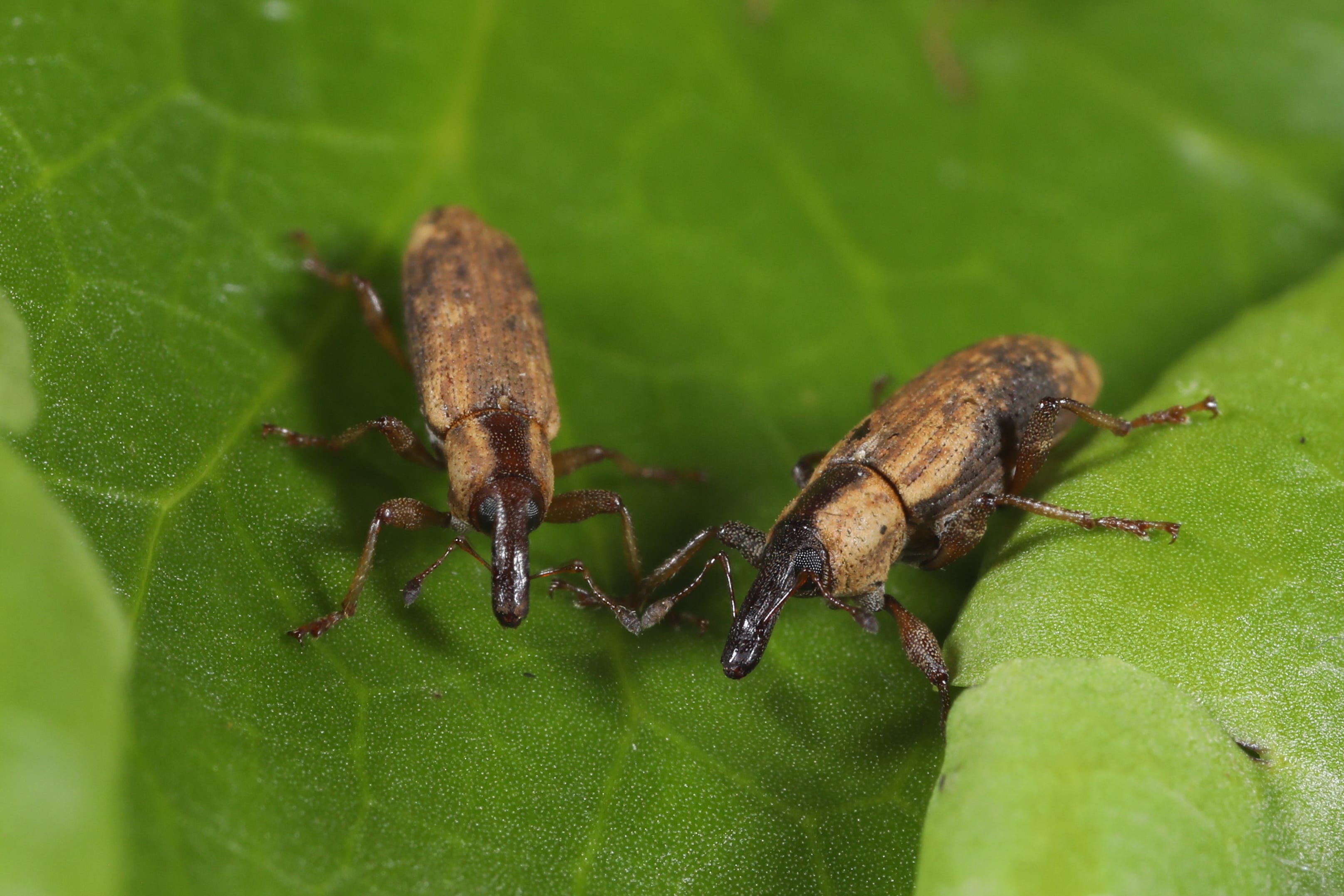Specialist weevils deployed in Yorkshire waterways to tackle invasive plant
The floating pennywort weevils have been introduced at two sites to control the non-native plant choking water courses.

Your support helps us to tell the story
From reproductive rights to climate change to Big Tech, The Independent is on the ground when the story is developing. Whether it's investigating the financials of Elon Musk's pro-Trump PAC or producing our latest documentary, 'The A Word', which shines a light on the American women fighting for reproductive rights, we know how important it is to parse out the facts from the messaging.
At such a critical moment in US history, we need reporters on the ground. Your donation allows us to keep sending journalists to speak to both sides of the story.
The Independent is trusted by Americans across the entire political spectrum. And unlike many other quality news outlets, we choose not to lock Americans out of our reporting and analysis with paywalls. We believe quality journalism should be available to everyone, paid for by those who can afford it.
Your support makes all the difference.Specialist weevils from South America have been introduced to two sites in West Yorkshire to control an invasive non-native plant choking waterways.
The floating pennywort weevils have been introduced on the Aire and Calder Navigation and one of the tributaries of the River Holme, in a collaboration by Yorkshire Water, the Centre for Agriculture and Bioscience International (CABI), Leeds Council, River Holme Connections and a private landowner.
The bugs, which have evolved to only feed and develop on floating pennywort (hydrocotyle ranunculoide) will target the plant where it is clogging up the waterways.
Floating pennywort is native to Central and South America, and was brought to the UK in the 1980s as an ornamental pond plant, but escaped into natural habitats where it can grow up to 20cm a day.
It forms dense vegetative mats on water courses, reducing the availability of oxygen for fish and aquatic insects, chokes drainage systems, outcompetes native water plants and poses a risk to livestock, dogs and human health, the team behind the release said.
Following a decade of safety and efficacy testing by CABI, South American weevils have been approved for release as a natural pest control for the invasive plant, which avoids the need for mechanical or chemical interference.
The adult weevils feed on the leaves of floating pennywort and females lay eggs into their stalks, where larvae then eat into the stems of the plant, reducing its ability to grow and spread further.
Dr Steph Bradbeer, invasive species and biosecurity adviser at Yorkshire Water, said: “Invasive non-native species pose a very real risk to Yorkshire’s environment and wildlife.
“They can also impact on our ability to treat and distribute water to homes and return wastewater safely to the environment.
“Floating pennywort, if unchecked, can cause significant problems in slow-flowing watercourses and impact drainage systems.
“We hope the release of these specialist weevils will provide a way of tackling it without the need for mechanical or chemical intervention.”
Djami Djeddour, senior project scientist at CABI, said: “These weevil releases are the culmination of over a decade of collaboration with South American scientists and comprehensive safety and efficacy testing in our quarantine facilities, so it is thrilling to finally get them out into the wild.”
The weevils will be closely monitored, with their impact on the spread of floating pennywort carefully monitored.
It is hoped they will help improve local wildlife and water quality, reduce the plant’s impact on flood defences and control the spread of floating pennywort in rivers.